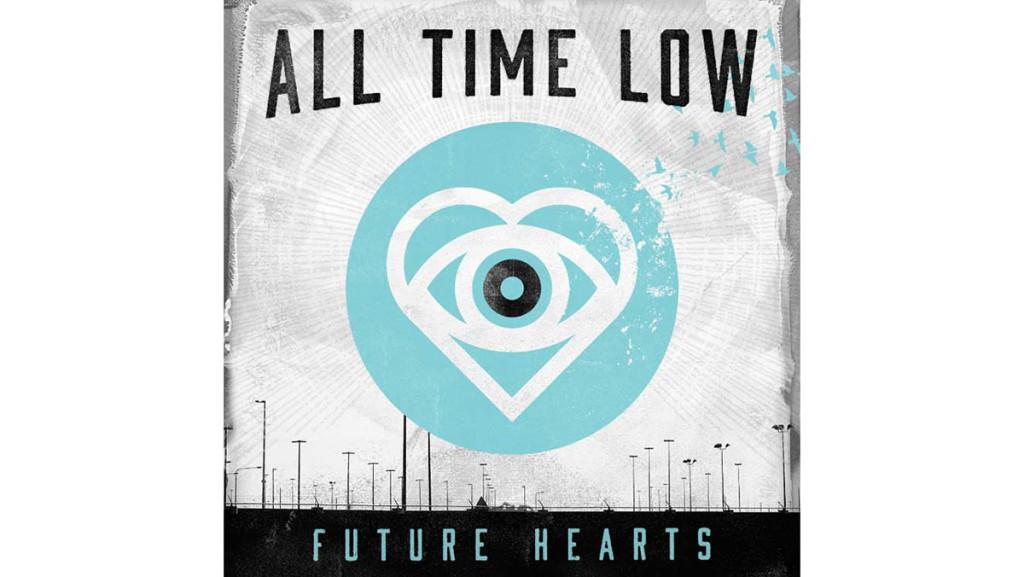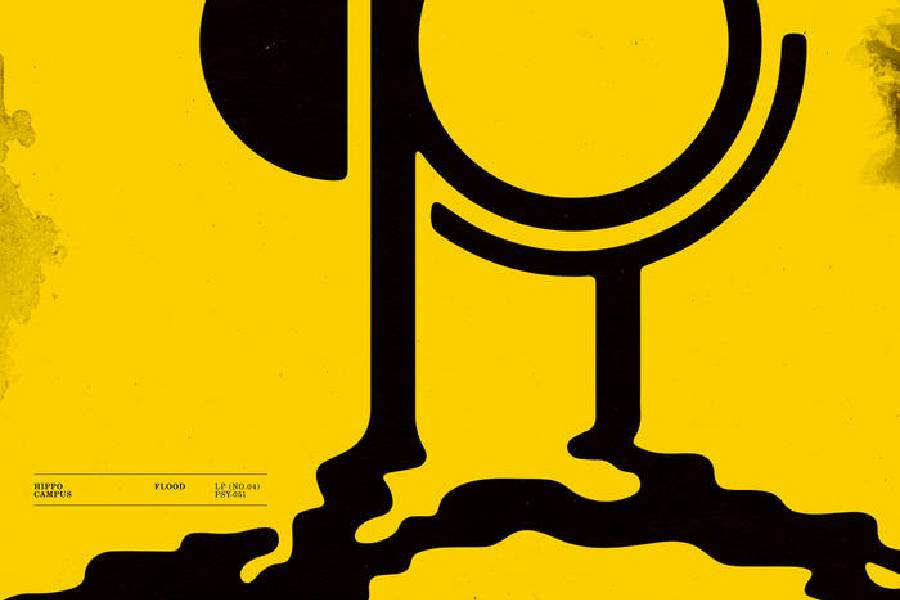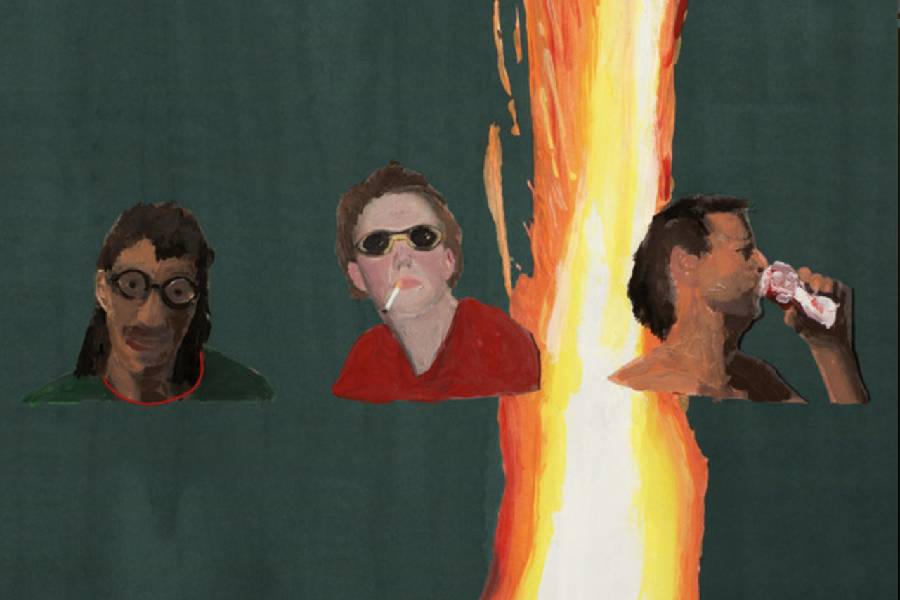A lone and simple guitar chord, accompanied by a hint of static in the background, introduces the first track in “Satellite,” followed by lead singer Alex Gaskarth’s somber voice and the equally steadfast beats of a drum in the background. This first track in All Time Low’s newest release, “Future Hearts,” sticks to the band’s alternative-rock roots, with dominating guitar riffs and drumbeats prevailing throughout the 13-track album.
What can be attributed to the album’s catchiness and easy listening is the relationship between the guitar and drums, with the riffs and beats of each instrument complementing the other. Songs such as “Something’s Gotta Give” and “Kids in the Dark” open with a simple yet appealing chord progression, courtesy of the guitar, which provides an enticing lead into the rest of the track. As the songs progress, the smooth introduction of the drums weaves and intertwines effortlessly with the guitar and lead vocals. This organization of the songs results in head banging, anthem-like tracks and creating a visceral listening experience.
Another source of the album’s overall appeal lies in the steady buildup of each track. Beginning with either an isolated and dominant guitar riff or Gaskarth’s vocals, the songs progress in terms of the instrumental involvement, with the beginning verses supported by a light guitar and drum background, culminating with a swelling and increase in instrumental intensity in the chorus. Because of the tracks’ proper buildup, the listener never feels overwhelmed or bombarded with excessive guitar or drums.
The strong relationship between the guitar, drums and vocals turns most of the songs in the album into their own anthem, evident in tracks such as “Cinderblock Garden” and “Don’t you Go.” Accompanied with the background chanting of “oh oh ohs” in the former and a repetitive, albeit catchy, chorus in the latter, it is subtle musical touches like these that contribute to the album’s appeal.
While “Future Hearts” offers predominantly upbeat tunes, the few slow and somber tracks offer a well-timed break from the driving alternative rock beats. “The Edge of Tonight,” for instance, listens like a ballad with its slow tempo, ultimately setting it apart from the faster-paced songs in the album.
However, the strength of the first few tracks quickly dissipates at the halfway point of the album with “Missing You.” The track features guitars that blatantly contrast from the rest of the album, sounding more like a kitschy pop-country number. With this sharp diversion from the band’s rock roots, the second half of the album struggles to maintain its guitar- and drum-heavy identity.
While each track provides a head-bop induced listening experience appropriate for any jam session, the failure to stick to a cohesive and consistent sound makes “Future Hearts” more like a muddled amalgam of tunes.




















